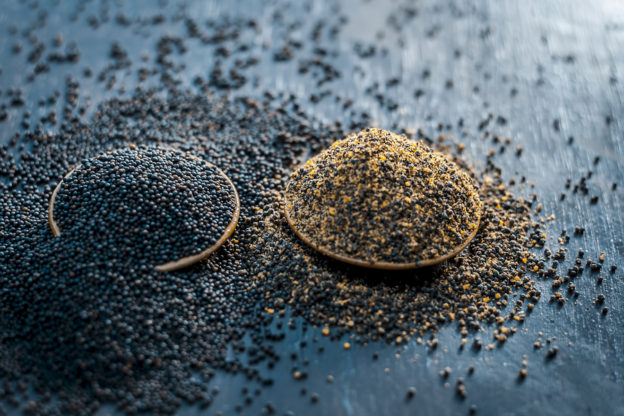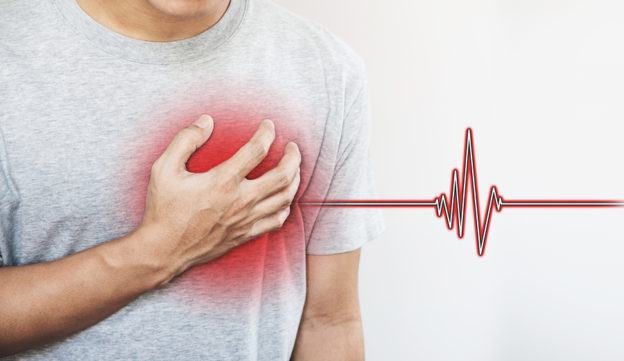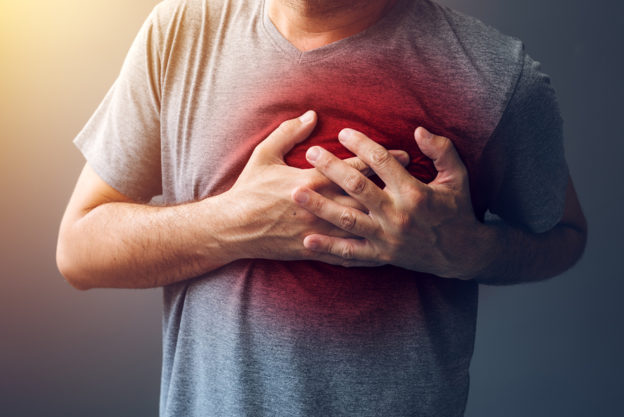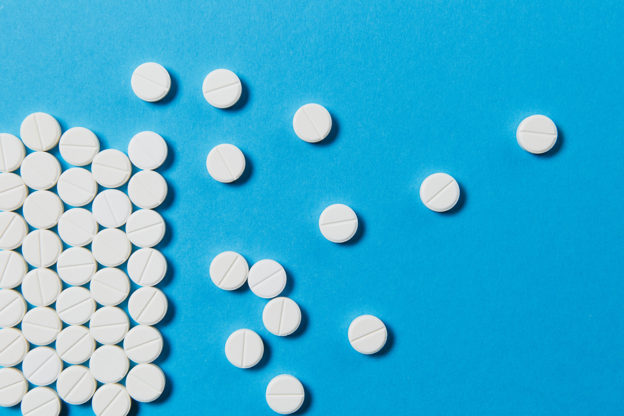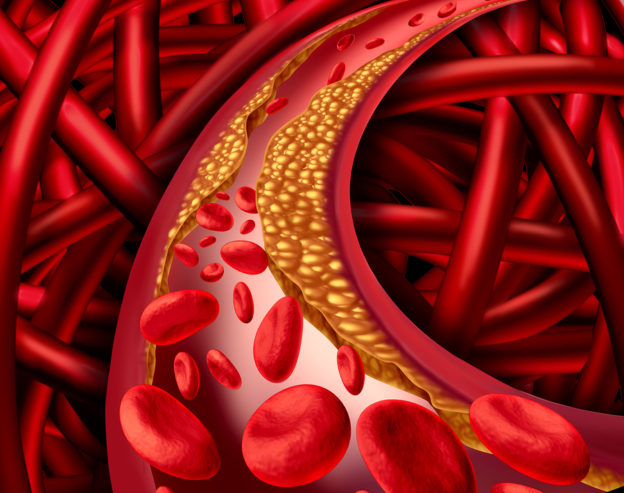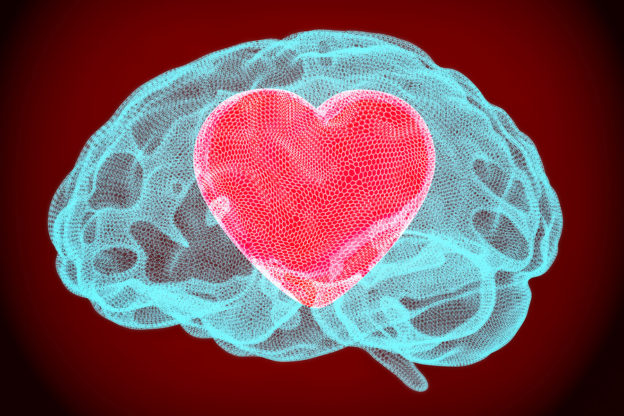By David Blyweiss, M.D., Advanced Natural Wellness
September 21, 2018
- Is coffee messing with your cardiovascular health?
- The dark side of coffee
- Espresso? French press? Which coffee is best for your heart?
There are a lot of health benefits associated with drinking coffee. People who drink it regularly often have a greatly reduced risk of Alzheimer’s disease, diabetes and even stroke.
When you consider the fact that coffee contains more than 1000 compounds, this actually makes a great deal of sense. It’s chock-full of all sorts of antioxidants, polyphenols and other phytonutrients that exert protective benefits.
But it turns out that, if you brew your coffee the wrong way, it has a very a dark side. One that could send your cardiovascular health into a downward spiral.
The Dark Side of Coffee
Believe it or not, how your coffee is brewed can make a huge difference to your heart health.
You see, the oils produced by coffee contain two decidedly unhealthy substances, cafestol and kahweol. Both of these compounds tend to wreak havoc on your cholesterol and triglyceride levels.
However, when you prepare coffee with a filter, the filter traps and removes them. But if drink espresso, French press or boiled coffee – all of which are unfiltered – these destructive chemicals remain intact.
When you ingest them, they immediately go to work to…
- Raise your LDL cholesterol levels
- Boost levels of apolipoprotein B (apoB)
- Trigger the production of homocysteine
- Send your triglycerides soaring
Now, if you read the September 12, 2018 issue of Advanced Natural Wellness, you know that apoB is the protein associated with small, dense LDL particles that clog your arteries. It also tends to damage LDL particles via oxidation, which makes matters even worse.
Homocysteine is another threat to your arteries. When levels of this amino acid get too high, it irritates the lining of your arteries. It also cause your blood to clot more easily and may increase your blood pressure. This can be disastrous if your blood vessels are already stiff and narrow.
High triglycerides also contribute to blocked arteries and interfere with normal blood clotting. Plus, excess levels may slow blood flow and lead to more small, dense low-density lipoproteins. That’s more bad news for your heart health.
But don’t despair!
Remember, it’s only unfiltered coffee that produces these horrible, heart-threatening side effects. So it doesn’t mean you have to give up the java.
Espresso? French Press? Which is the Best for Your Health?
These days coffee connoisseurs are purchasing their own espresso machines and French press coffee makers. Some are buying fresh coffee beans and boiling them to create their own special brews.
And while I hate to throw a damper on the java party, if you want to protect your cardiovascular health, a filtered pot of coffee is the best way to go.
Personally, I use a glass coffee maker. It’s not a machine. In fact, it’s pretty old school. It’s simply a glass carafe with a paper filter. I measure out my own organic coffee blend, and then just pour boiling water through the filtered grounds.
I prefer this over standard coffee makers, and for good reason. Most of today’s drip coffee makers are made of plastic. And the newer, fancier brewers use plastic coffee pods. All of these plastics leach into your coffee when they’re exposed to heat.
This contributes to estrogen dominance in men, breast cancer in women, reproductive disorders in both sexes and a whole host of other problems that are only now being explored in depth. So it’s always best to avoid them.
I also lean towards darker roasts. Due to the roasting process, these darker preparations have the lowest yields of cafestol, while lighter roasts have the highest.
And don’t forget to select a blend made from organic coffee beans. It’s the only way to avoid exposure to heavy pesticide residue.
SOURCES:
Bhupathiraju SN, et al. Changes in coffee intake and subsequent risk of type 2 diabetes: three large cohorts of US men and women. Diabetologia. 2014 Jul;57(7):1346-54.
Eskelinen MH, et al. Midlife coffee and tea drinking and the risk of late-life dementia: a population-based CAIDE study. J Alzheimers Dis. 2009;16(1):85-91.
Larsson SC, et al. Coffee consumption and risk of stroke: a dose-response meta-analysis of prospective studies. Am J Epidemiol. 2011 Nov 1;174(9):993-1001.
Whayne TF Jr. Coffee: A Selected Overview of Beneficial or Harmful Effects on the Cardiovascular System? Curr Vasc Pharmacol. 2015;13(5):637-48.
Zhang C, et al. Cafestol extraction yield from different coffee brew mechanisms. Food Research International. 2012;49(1):27-31

